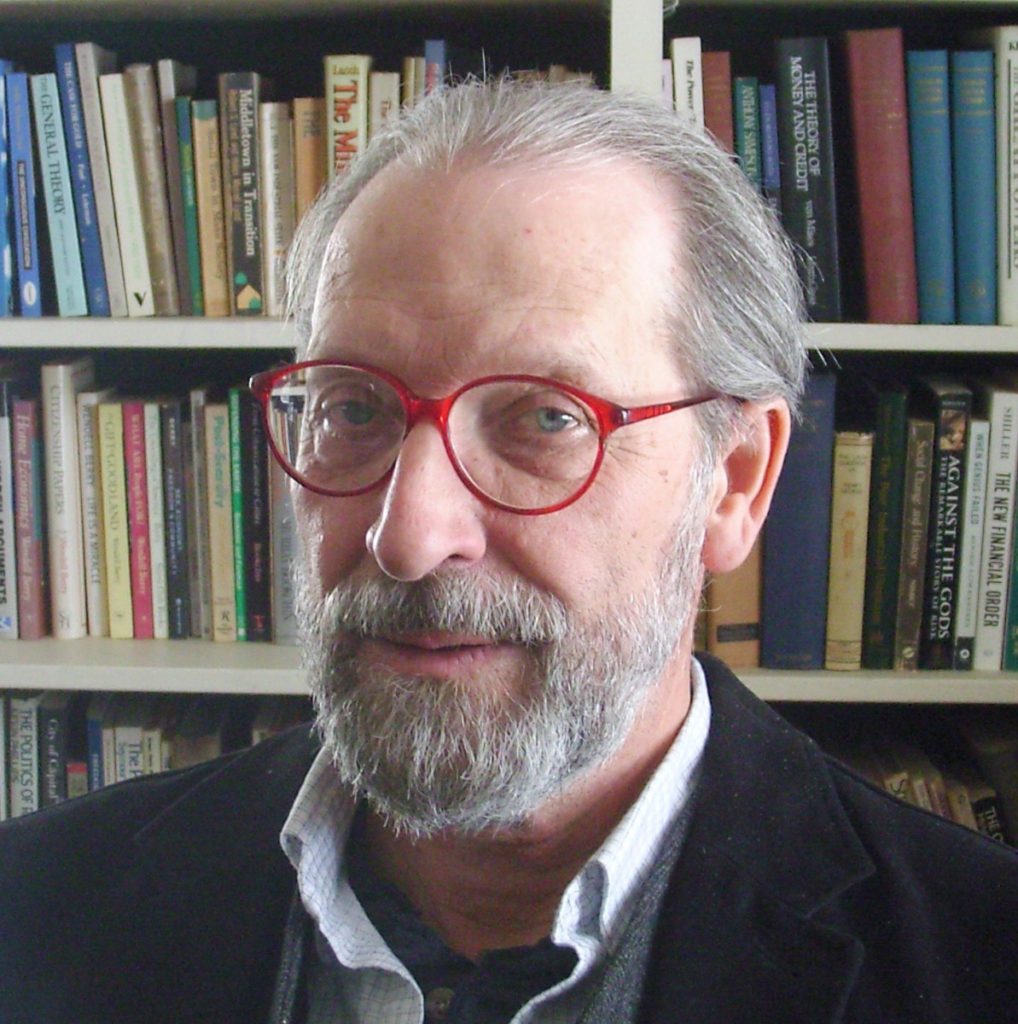Column by Adrian Kuzminski, May 31, 2018
Are Today’s Disputations Only
Reformation Battles Revisited?

A recent op-ed in the New York Times by a University of Virginia professor, Gerard Alexander, was provocatively titled: “Liberals, You’re not as Smart as you Think.” It may have been a shocking idea for the Times, but it’s old news for anyone who’s been listening to Rush Limbaugh or Sean Hannity or watching Fox News.
Hillary’s comment about the “deplorables” in the 2016 campaign was seized by conservatives as proof of liberal arrogance and snobbery. It helped lose her the election.
Conservatives feel that liberals have been in charge, and that it’s gone to their heads. Liberals won the culture wars – women’s rights, gay rights, multi-culturalism, globalization – and they often seem to have the background, education, and professional training needed to succeed economically in a changing world while others are struggling.
The conservative attempt to defend traditional values has largely been in resistance to disconcerting change. No wonder that many conservatives embraced Trump’s campaign rhetoric: America first, the Wall, anti-globalization, anti-elitism.
•
A little history might help explain how we got here. Martin Luther could be considered the first liberal. He insisted that individuals had the capacity to decide for themselves the truth of religion.
It turned out, however, that there seemed to be no way to prove that one person’s subjective belief is right, and someone else’s wrong. With no way to compromise over a common, public religion, the only option was to fight it out in a series of disastrous religious wars.
As a result, knowledge based on traditional faith was increasingly privatized, and modern Thinkers – European Enlightenment philosophers, the American Founding Fathers – began to look for alternatives to organize society.
They ended up abandoning religious faith as a social principle in favor of reason and science.
•
Secular ideas focused on Nature replaced religious ideas focused on God as guides to public life.
The biggest turning point was probably Darwin’s theory of evolution, which upset the Biblical account of creation. Another turning point, in the United States, was the separation of church and state. That allowed for freedom of conscience, but it also ensured that the growing public realm would remain secular.
Reason and science, however, didn’t necessarily make us better people; they haven’t solve our moral problems. Nor have they led to a more egalitarian society. Serious conflicts about values and what’s right and wrong continue.
Reason and science, and the technologies they spawn, seem stubbornly neutral, as easily adapted for good as for evil. The secular world did not, it turns out, provide a solution to the crisis of faith.
For many, the private beliefs of religion have continued to inform their values in a secular world.
But many others, abandoning religion, have been attracted by the rise of new secular faiths, or Ideologies – fascism, communism, nationalism, libertarianism, socialism, human rights, identity politics – all of which purport to tell us how to live.
•

These beliefs are secular insofar as they invoke Nature rather than God. They go beyond reason and science insofar as they appeal to arbitrary, non-evident absolutes like race, gender, the dictatorship of the proletariat, or the hidden hand of the marketplace.
Ideologies, like religious convictions, are matters of personal faith, not public knowledge.
Liberalism and conservatism today divide mainly over which secular faith to embrace, not which religion to adopt. Liberalism is historically identified with socialism, communism, and identity politics, while conservatism is historically identified with fascism, nationalism, and libertarianism.
Liberals tend to embrace change, and conservatives to resist it. That may be the main difference between them.
•
We seem to have come full circle. The new secular faiths are just as subjective as the old religious ones. They are no more evidence-based than were the old God-centered religions.
There remains, it seems, no objective way to decide that any faith – old or new, religious or secular – is right and its competitors wrong.
Just as Protestants and Catholics could not convince one another that their faith was the right one, so today’s liberals and conservatives cannot seem to convince one another that some secular values are right and others wrong. We remain divided.
It took a couple of centuries of futile warfare for the religious struggles in Europe to burn themselves out. Our divisions aren’t yet that profound, and let’s hope they never get that bad.
We are in conflict about our secular beliefs because they are matters of faith, not evidence. Perhaps taking them a little less dogmatically would be a step towards defusing conflicts over them.
Adrian Kuzminski, a retired Hartwick College philosophy professor, author and Sustainable Otsego moderator, lives in Fly Creek.

